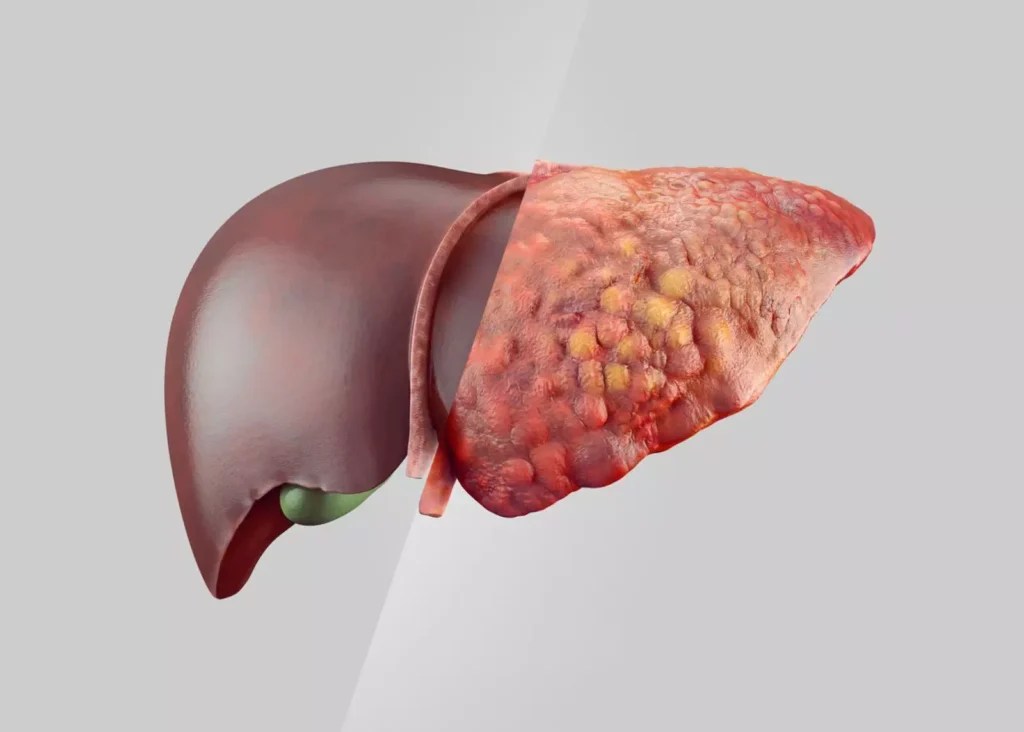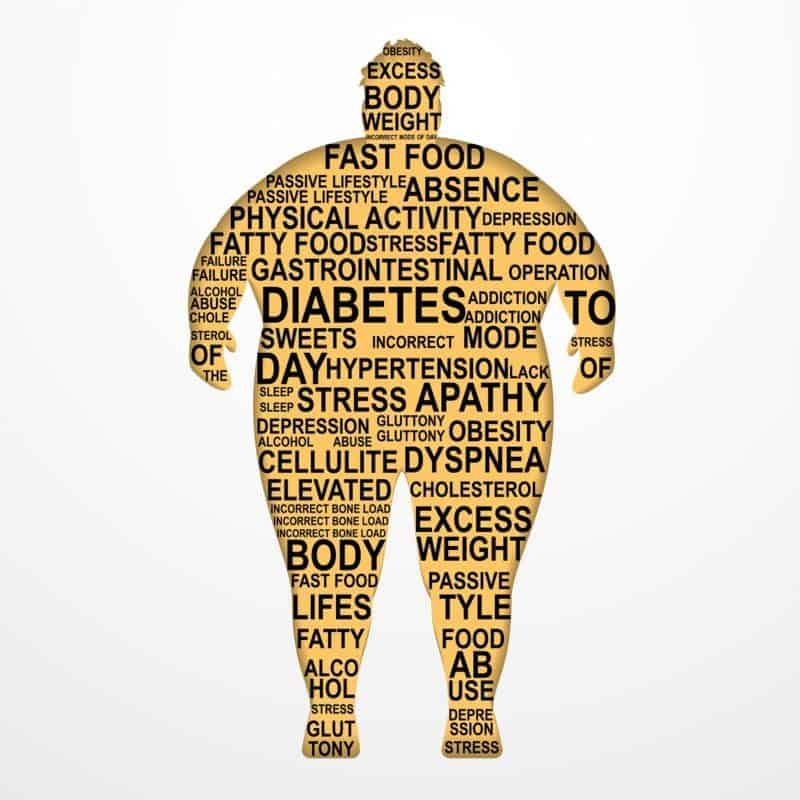by eroizen’s science journalism team

Liver disease and difficulty losing weight are intricately linked health issues that affect millions of people worldwide. The liver plays a crucial role in metabolism and detoxification, and when it is compromised, it can lead to a cascade of health problems, including weight gain or the inability to lose weight. This article will explore the complex relationship between liver disease and weight management, shedding light on the causes, symptoms, and challenges faced by those affected. We will also discuss potential solutions and strategies for managing these conditions, offering hope and guidance to those seeking relief.
Understanding the Problem:
The liver is a vital organ responsible for processing nutrients, filtering toxins, and regulating metabolism. When the liver is damaged or diseased, its ability to perform these functions is impaired, leading to a range of health issues. One of the most common symptoms of liver disease is difficulty losing weight or unexplained weight gain. This is because the liver plays a key role in fat metabolism and insulin regulation. When the liver is not functioning properly, it can lead to insulin resistance, increased fat storage, and a slower metabolism, making weight loss extremely challenging.
Causes of Liver Disease:
Liver disease can be caused by a variety of factors, including excessive alcohol consumption, viral infections (such as hepatitis B and C), non-alcoholic fatty liver disease (NAFLD), and genetic disorders. NAFLD, in particular, is closely linked to obesity and metabolic syndrome, and it is becoming increasingly common due to rising rates of obesity and poor dietary habits.
Symptoms and Challenges:
Early stages of liver disease may not present any noticeable symptoms, but as the condition progresses, individuals may experience fatigue, abdominal pain, swelling, and jaundice. The challenge with liver disease is that it often goes undetected until significant damage has occurred. Additionally, the difficulty in losing weight can lead to frustration and a sense of hopelessness, exacerbating the problem.
Impact on Quality of Life:
The combination of liver disease and difficulty losing weight can have a profound impact on an individual’s quality of life. It can lead to physical discomfort, emotional distress, and a decreased ability to engage in daily activities. Moreover, the stigma associated with obesity and liver disease can further isolate individuals, making it harder for them to seek help and support.
Exploring Solutions/Approaches:
Addressing liver disease and difficulty losing weight requires a multifaceted approach that includes lifestyle changes, medical interventions, and targeted therapies. Here are some general strategies that can help:
Dietary Modifications:
A healthy diet is crucial for liver health and weight management. Reducing the intake of processed foods, sugars, and unhealthy fats can help alleviate the burden on the liver and promote weight loss. Incorporating foods rich in antioxidants, fiber, and essential nutrients can support liver function and overall health.Regular Exercise:
Physical activity is essential for maintaining a healthy weight and improving liver function. Exercise helps increase metabolism, reduce fat accumulation in the liver, and improve insulin sensitivity. Even moderate activities like walking, swimming, or cycling can make a significant difference.Medical Interventions:
In some cases, medical treatments may be necessary to manage liver disease and its associated symptoms. This can include medications to reduce inflammation, improve liver function, or treat underlying conditions such as hepatitis. It is important to work closely with a healthcare provider to determine the best course of action.Targeted Therapies:
Emerging research suggests that certain natural supplements and therapies may support liver health and aid in weight loss. These can include liver-supporting supplements, natural detoxification methods, and targeted weight loss strategies. However, it is essential to consult with a healthcare professional before starting any new supplement or therapy.- Lifestyle Changes:
Making long-term lifestyle changes is key to managing liver disease and achieving sustainable weight loss. This includes quitting smoking, reducing alcohol consumption, managing stress, and getting adequate sleep. These changes can have a positive impact on overall health and well-being.
Conclusion:
Liver disease and difficulty losing weight are complex and challenging conditions, but they are not insurmountable. With the right approach, including dietary modifications, regular exercise, medical interventions, and targeted therapies, it is possible to improve liver function and achieve a healthier weight. It is important to remember that every individual is unique, and what works for one person may not work for another. Therefore, it is crucial to seek personalized advice and support from healthcare professionals.
To learn more about how to deal with this problem, consult valuable information here.


Leave a Reply